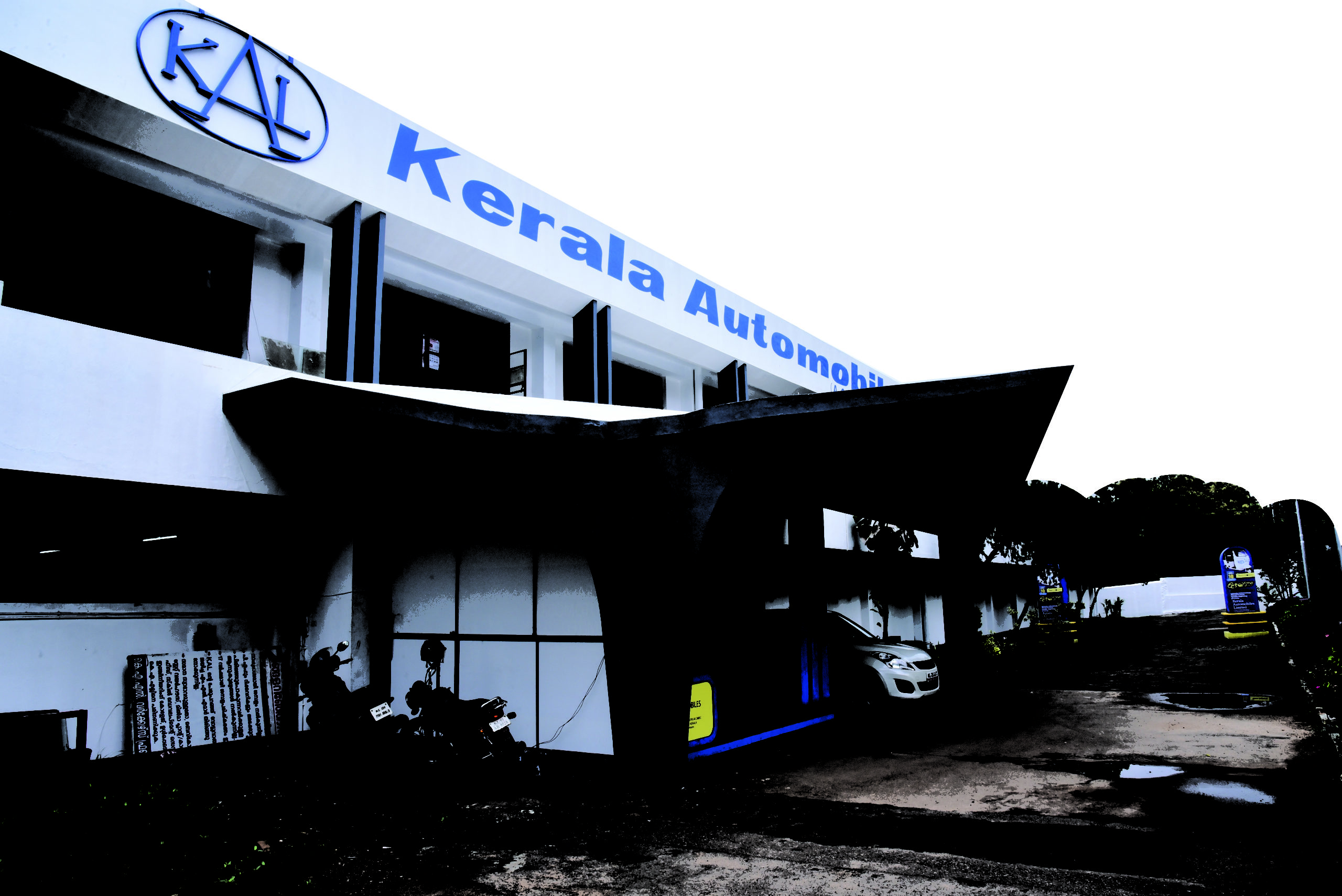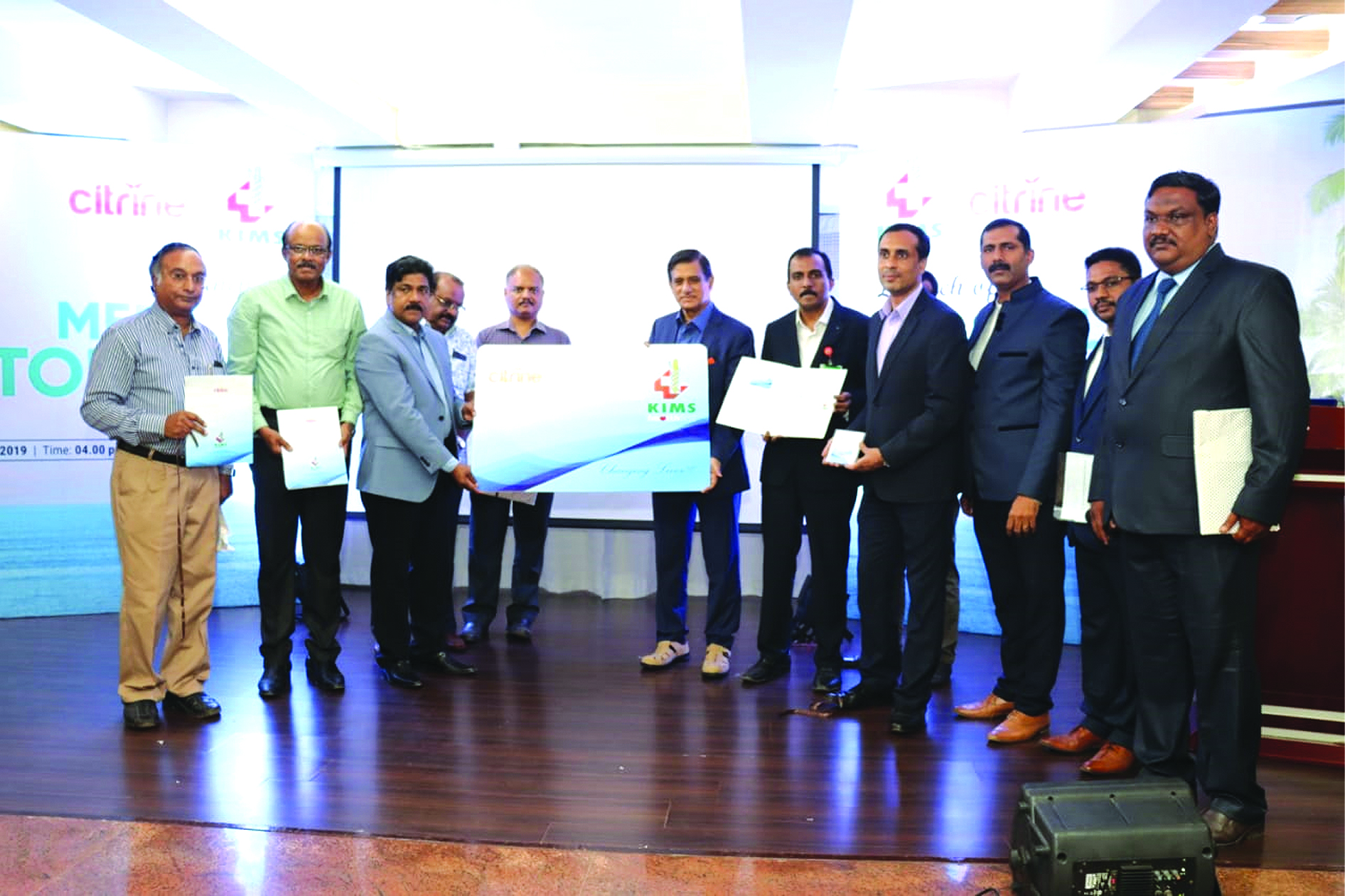April 2021 is the deadline in Kerala for phasing out three wheelers of 15 years, as part of the government’s ambitious plan of introducing two lakh electric two wheelers and 50,000 three wheelers. According to the EV policy of the state one million electric vehicles will be introduced by 2022. The use of e-vehicles would also be promoted at tourist destinations in the State as part of the EV policy.
It was in this conducive environment that the state public sector company Kerala Automobiles Limited conducted research and mooted plans for manufacturing e-autos at its plant at Aralumoodu near the capital city. The company, which introduced diesel engines and diesel autorickshaws in the country, launched the e-autos named Kerala Neem G autorickshaws in the first week of November. The e-autos are scheduled to hit the streets of Kerala cities early next year.
Even though the company continues to manufacture diesel autos, foreseeing a demand for e-vehicles, KAL developed and launched these autos. In fact, KAL is the first public sector company to foray into e-mobility business in the country.
KAL’s move is part of the target of putting one million EVs on the road by 2022. It plans to manufacture two lakh electric two-wheelers, 1,000 e-goods carriers, 3,000 e-buses and 100 e-ferry boats on a pilot basis by 2020.
Late in July 2019, Chief Minister PinarayiVijayan inaugurated the commercial-scale production of ‘Neem-G’.
At the function, Mr.Vijayan had said that Kerala was going to be a land of e-vehicles. The government was trying for better advancement of electric vehicles in the state. Building charging stations on a wide scale is being thought about. As a start, charging station has been opened in the secretariat.
The chief minister said, “If we wish, we can create a situation wherein e-autos are riding on all our roads. The advantage is that an eco-friendly environment can thus be created. E-vehicles are a relief in the times of rising fuel prices. Kerala Automobiles has flagged off a revolutionary change. For the first time, a public sector undertaking has come to the E-Vehicle field and it is a reason for a boost in pride. It is for the first time in the country that a public sector establishment is venturing into the field of electric auto manufacturing.”
Neem-G auto rickshaw had earlier received the certification of Automotive Research Association of India.
These e-autos come in
two versions, one for passengers and the other a load carrying vehicle. On a
single charge, which takes three hours and 50 minutes, the e- autos can travel
for 100 kilometers, that too at a cost of 50 paisa for a kilometre. The company
plans to manufacture 8,000 autos a year. The cost of e- auto is around
Rs. 2.5 lakh and subsidies are expected to be made available.
One of the biggest gains in switching to e-auto is the low cost of maintenance. In fact, the absence of a mechanical engine and gear box means very low maintenance cost. The battery for the e-autos was developed by the company with outside help.
The government has initiated an EoI with KSEB for developing charging facilities for electric vehicles across the state.
KAL is also associated with India’s space programme and manufactured components for ISRO’s Chandrayan mission early this year. It also supplies parts used by ISRO for various satellites. To augment this project, KAL was allotted Rs.7 crores to set up the required facilities at its factory.














